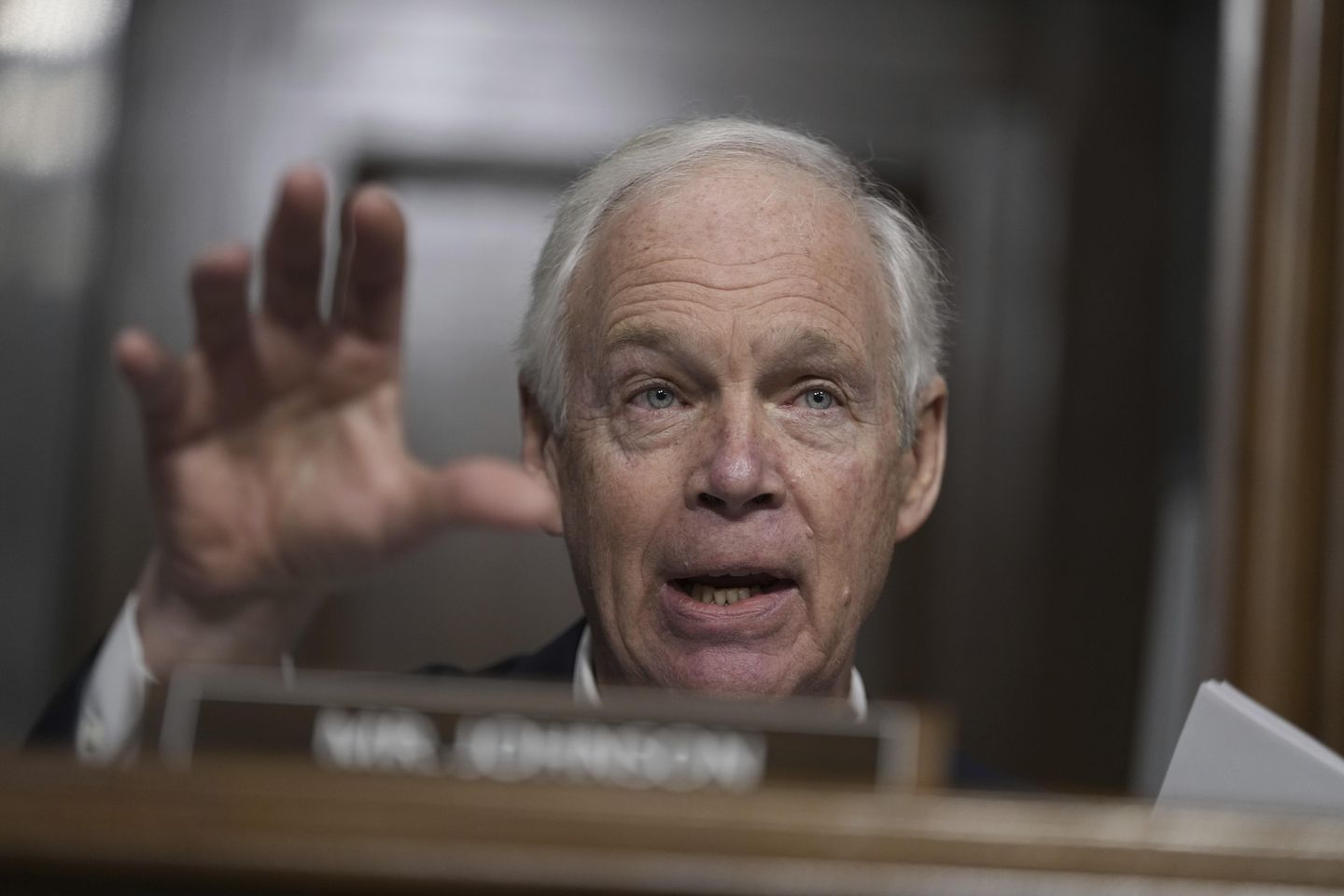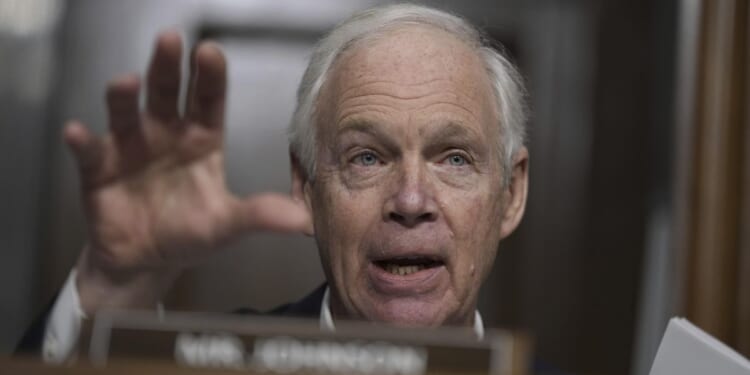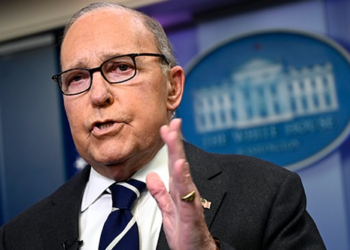
Sen. Ron Johnson brought health care experts to Capitol Hill on Thursday to make the case for allowing the enhanced Obamacare subsidies to expire as scheduled at the end of the year.
They said the COVID-era subsidies, which were expanded to include people making more than 400% of the poverty line, fueled medical inflation and led to high premiums for everybody.
“If Congress wants to make health care more affordable, it must reform the structure itself, not throw good money after bad,” Brian Blase, president of Paragon Health Institute, told the Senate Homeland Security’s Permanent Subcommittee on Investigations.
He said that continuing the enhanced subsidies beyond their expiration date would exacerbate fraud, increase health care prices, increase the national debt and remove the political pressure to fix the system.
“Real reform does not mean spending more taxpayer money,” Mr. Blase said. “It means giving consumers the freedom to choose the coverage and care that best meets their needs.”
The subsidies are now at the center of the longest government shutdown in U.S. history. Senate Democrats, demanding the subsidies continue, have repeatedly filibustered spending bills that would reopen the government.
Roughly 22 million people currently receive the enhanced subsidies.
Sen. Richard Blumenthal of Connecticut, the top Democrat on the subcommittee, slammed the premise of the hearing.
“This hearing is part of an increasingly isolated and aberrant movement within the Republican Party itself to continue the effort to repeal affordable health care,” he said.
Mr. Johnson, the Wisconsin Republican who chairs the subcommittee, said he was not anti-health care and that he would welcome Democrats to work with him to fix the system so it controls costs.
“Lowering the health care costs and providing more American citizens with affordable insurance and covering individuals with pre-existing conditions are goals we all share,” he said. “Unfortunately, Obamacare failed miserably at lowering costs and meeting enrollment goals.”
Another witness blamed Obamacare for making worse the problem it was supposed to fix.
Joel White, president of the Council for Affordable Health Coverage, said Obamacare put “rocket fuel on medical inflation.”
He said Obamacare triggered “an arms race” to consolidate insurance and hospital markets, driving up costs and leaving consumers with fewer choices. Reduced competition led to a system of localized monopolies, driving up premiums, he said.
However, Shana Verstegen pleaded for Republicans and Democrats on the subcommittee to do something to help with soaring health care costs.
Ms. Verstegen, a fitness director at a small gym in Wisconsin, said she was on a lower-tiered Obamacare plan. It includes a $15,000 gross premium, a $9,600 subsidy, and she pays $5,500 annually.
“Quite honestly, yes, the premiums are going up, but so is my gas, so is my electricity, so are my grocery prices. And I don’t feel like the answer to this is to increase our premiums more,” she said. “Everybody has the power to pass this extended premium tax credit, so our bills don’t go up even more. I’m not here to fix this today, but please help us for 2026.”










